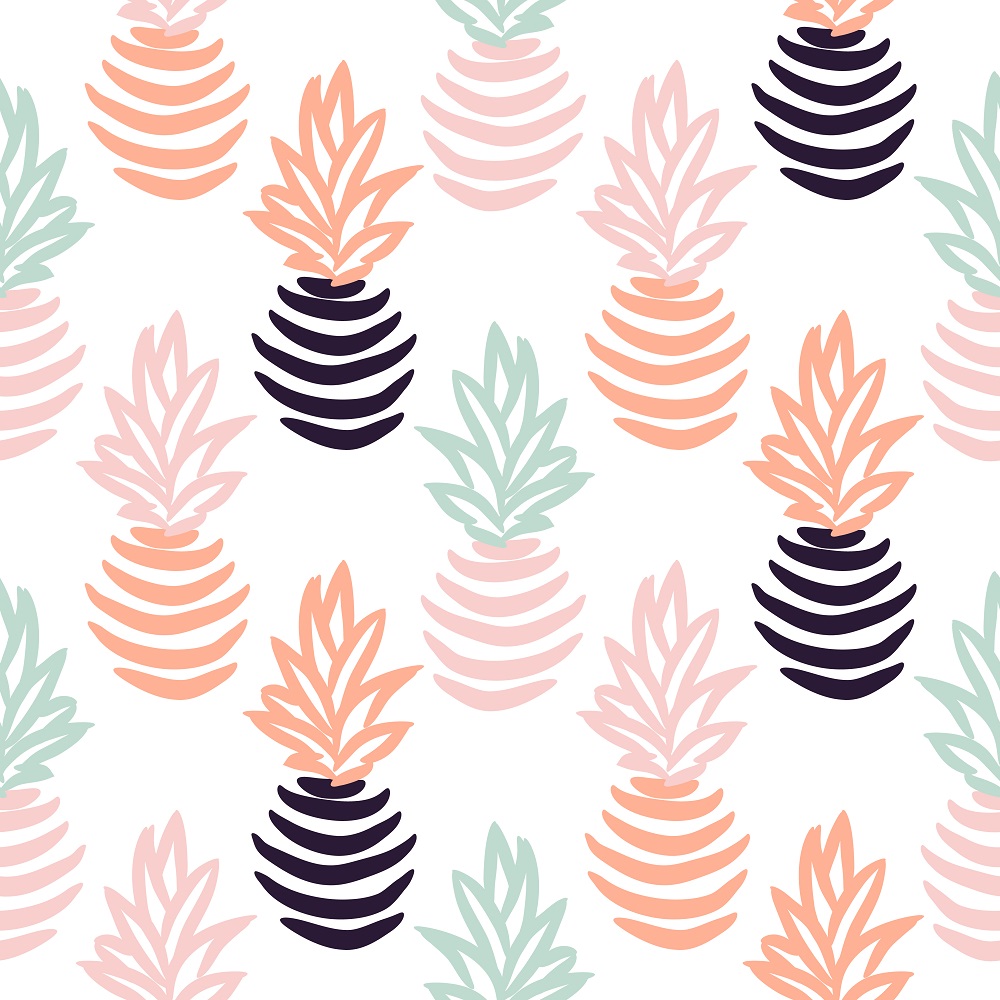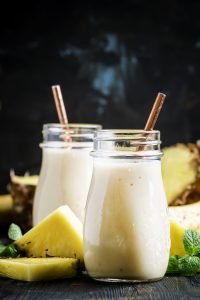
15 May How To Boost Your Collagen With Plants
Hydrolysed collagen peptides are taking the health and beauty world by storm! With the ability to improve the elasticity of the skin, and reduce wrinkles it has been hailed as a miracle supplement. But since it’s made from animals (most often cows, chickens, and some commercially farmed fish types) vegans and vegetarians have been left in the lurch. If you’re looking for a vegan collagen, or bone broth alternative, you’re in luck! We’ll uncover the fundamental nutrition of your natural collagen production for beautifully soft, supple, ageless skin; plus a delicious, collagen boosting smoothie recipe.
WHAT IS COLLAGEN?
Collagen is a protein found in your skin, joints, ligaments, and cartilage. There are 16 different types of collagen, but the one we’re most interested in is Type I. It’s the most common type of collagen in the body, and is super important for healthy skin, hair, and nails. Collagen is made up of 8 amino acids and getting all of these in your vegan diet is actually pretty easy. Pea protein isolate contains all of them and more.
WHERE CAN I GET PLANT-BASED COLLAGEN?
Collagen production isn’t just a simple matter of getting all aminos, and calling it a day. Your body still needs to absorb them. One of hydrolysed collagen’s biggest benefits is that it’s so highly bioavailable. The hydrolysation process breaks the raw collagen material down into much smaller peptides that rapidly pass through the intestinal walls and into the bloodstream. But wouldn’t you know it, Mother Nature has a plant-based solution to this one too. It’s the world’s sexiest fruit: pineapple!
Pineapple has an enzyme in it called bromelain which hydrolyses proteins. Research published in the International Journal of Food Properties has proven that bromelain improves the bioavailability of pea protein. Their findings were taken a step further by researchers publishing in the Journal of the International Society of Sports Nutrition who found that bromelain (and papain) were able to reduce the difference in bioavailability between plant-based proteins, and animal ones.
HOW TO BOOST COLLAGEN PRODUCTION
Healthy collagen production needs some other nutrients too, besides the raw amino acids. Vitamin C is the most important one. It’s the primary cofactor for the generation of collagen within the body. A deficiency of vitamin C, aka scurvy, leaves sufferers with sores on their gums because collagen production has begun to shut down. Thankfully, our delicious, prickly friend the pineapple has that in abundance!
The right protein source, made bioavailable with a digestive enzyme, together with vitamin C is the recipe for vegan collagen success! There’s much more to learn about the role of silica, magnesium and even cortisol, but that’s the foundation. Watch this space for our upcoming collagen support guide. In the meantime, try out this Vegan Collagen-Boosting Smoothie recipe.
VEGAN COLLAGEN BOOSTING SMOOTHIE
Ingredients

- 4 x heaped tablespoons of Pea Protein Isolate
- 1 x tablespoon of soaked Chia Seeds
- 200 grams of fresh pineapple
- 100 grams of fresh papaya
- 1 x ripe banana
- 2 cups Almond Milk
Method
- Soak chia seeds in water for 20 minutes until they reach a gel-like consistency.
- Pop pineapple, papaya, and banana into your blender and add 2 cups of almond milk.
- Spoon in the 4 heaped tablespoons of pea protein, and the soaked Chia Seeds.
- Blend until smooth.
- Sip, and savour your way to softer, more supple skin.
References:
- Plant proteases improve the absorption and bioavailability of plant-based protein including pea protein, by hydrolysing it into its constituent peptides; https://www.ncbi.nlm.nih.gov/pmc/articles/PMC4595032/ & https://www.tandfonline.com/doi/full/10.1080/10942912.2015.1123269 ;
- Silicon markedly increases the action of fibroblast cells: https://www.ncbi.nlm.nih.gov/pubmed/6263024



Powder B.
Posted at 18:35h, 17 AugustThid article is really helpful.
Thank you.
Greetings
Anna Jordan
Posted at 23:58h, 02 MarchThanks for the alternatives to “grass fed collagen”. Much appreciated.
Michael Gloster
Posted at 11:38h, 28 AugustIs the intention for a vegetarian collagen powder to be made available as opposed to making a smoothie where most of the ingredients are needed for the tastiness of the smoothie and not the relevant intake of the collagen generating components? If so, please keep me informed regarding progress in this regard.
Tks
Dr Kerry Haarhoff
Posted at 16:34h, 30 AugustBecause of the nature of collagen being of bovine/ crustacean origin, in itself, it can never be considered a strict vegetarian or vegan substance.